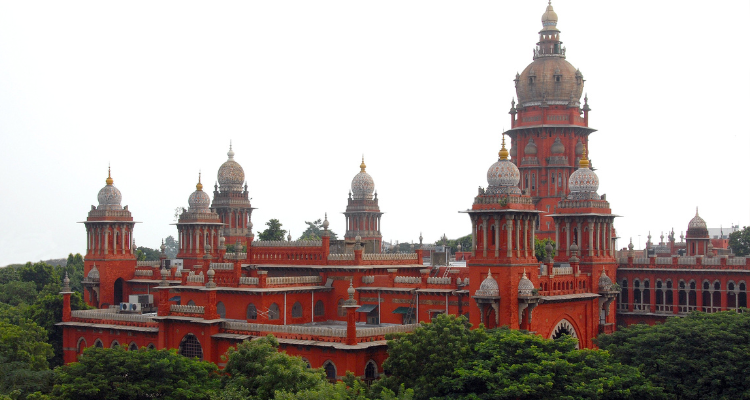
The Madras High Court has recently issued a significant ruling directing the Bar Council of India to take disciplinary action against lawyers who solicit work through online service providers.
The court emphasized that the legal profession can’t be treated as a business.
A division bench, consisting of Justice S.M. Subramaniam and Justice C. Kumarappan, allowed a writ petition (W.P.No. 31281 of 2019) filed by Mr. P.N. Vignesh against the Bar Council of India, Bar Council of Tamil Nadu and Puducherry, and online service providers including quikr.in, sulekha.com, and justdial.com.
-Background of the Case
Mr. P.N. Vignesh filed the writ petition in the interest of the legal profession, alleging that online service providers were offering lawyer services on their platforms, where advocates openly solicited legal work. The petitioner contended that such practices violated the Bar Council of India Rules and constituted misconduct under Section 35 of the Advocates Act.
-Key Legal Issues
The court addressed several key legal issues:
1. Whether online platforms providing lawyer services violate Bar Council of India Rules.
2. The permissibility of advertising and solicitation by lawyers.
3. The role of online intermediaries in facilitating lawyer services.
4. The applicability of the Information Technology Act’s safe harbor provisions to such platforms.
-Court’s Decision and Observations
The High Court made several significant observations and directives:
1. Legal Profession is Not a Business: The court stressed that the legal profession is not a profit-driven business. Justice Subramaniam stated, “Legal service is neither a job nor a business. A business is driven purely by profit motive. But in law, larger part is a service to the society.”
2. Prohibition on Advertising: The court reiterated that Rule 36 of the Bar Council of India Rules prohibits advocates from advertising or soliciting work directly or indirectly. It directed the BCI to issue circulars to State Bar Councils to initiate disciplinary proceedings against advocates violating this rule.
3. Action Against Online Platforms: The court ordered the BCI to register complaints against online service providers that facilitate unlawful advertisements by lawyers. It also directed the removal of such advertisements within four weeks.
4. Ratings and Offers Prohibited: The court expressed shock at the practice of providing ratings and offer prices for legal services on these platforms. Justice Subramaniam noted, “Branding culture in the legal profession is detrimental to the society. Ranking or providing customer ratings to lawyers is unheard of and demeans the ethos of the profession.”
5. No Safe Harbor for Intermediaries: The court held that online platforms cannot seek protection under Section 79 of the Information Technology Act (safe harbor provision) as their activities are unlawful under the Advocates Act and BCI Rules.
-Directives Issued
The court issued the following directives:
1. The BCI must issue circulars to State Bar Councils within four weeks to initiate disciplinary proceedings against advocates advertising or soliciting work.
2. The BCI should file complaints against online service providers facilitating unlawful advertisements by lawyers.
3. The BCI must take action to remove advertisements published by lawyers through online platforms and seek government assistance to prevent such unlawful acts.
4. The respondent online platforms (quikr.in, sulekha.com, justdial.com) must remove all content violating Rule 36 of BCI Rules within four weeks.
The court has scheduled a compliance hearing for August 20, 2024.




